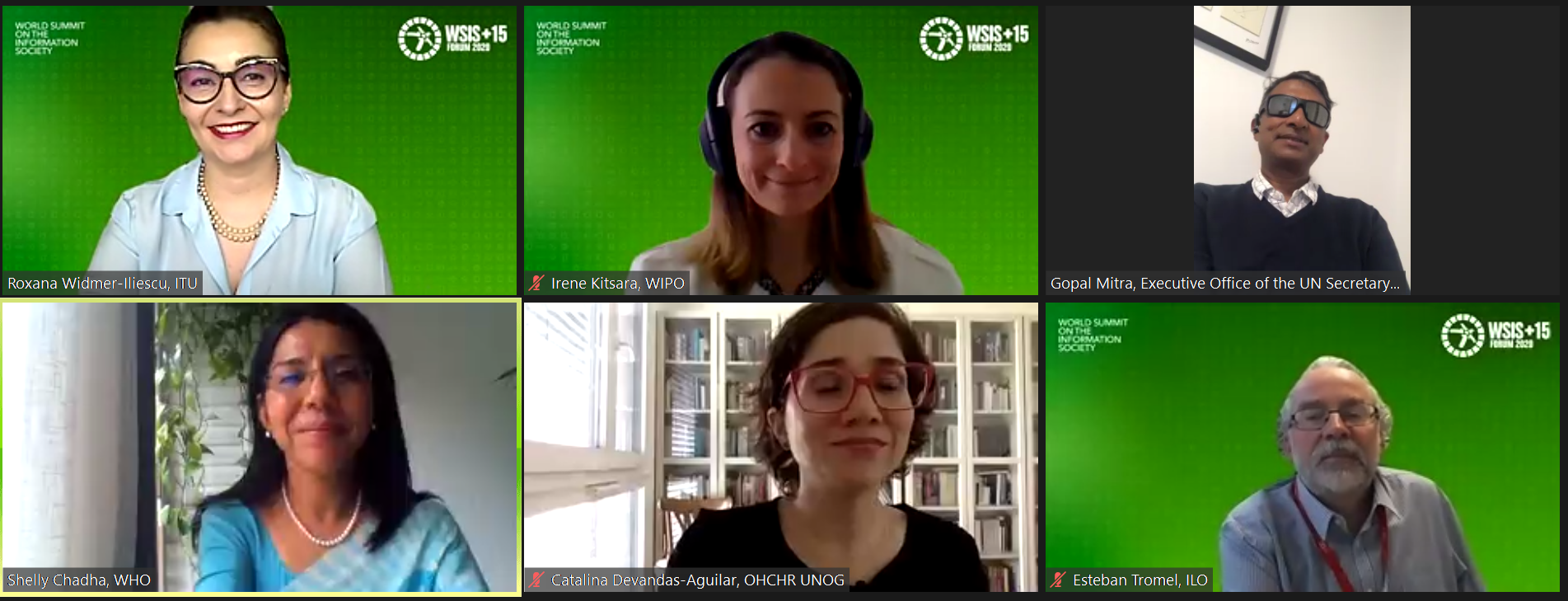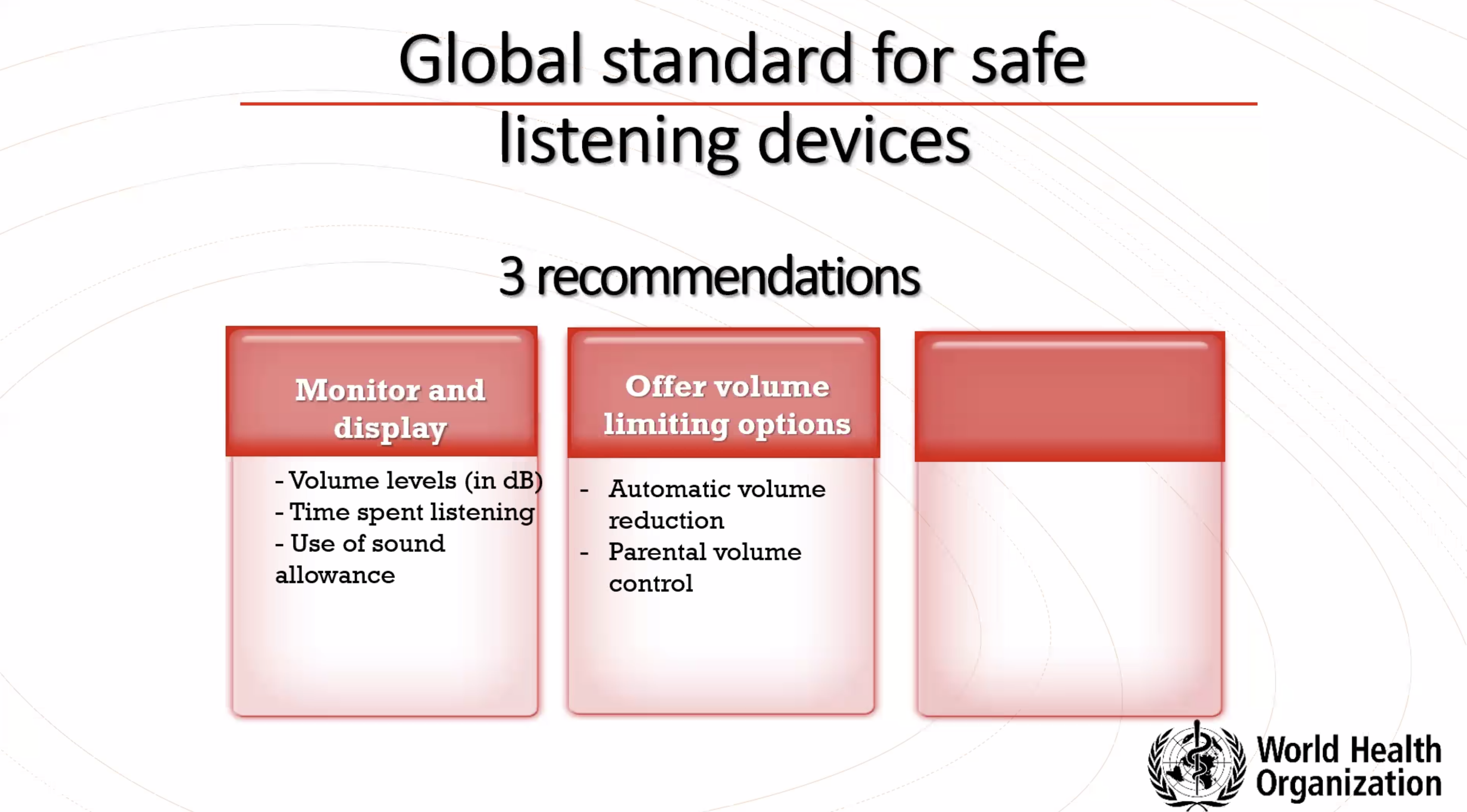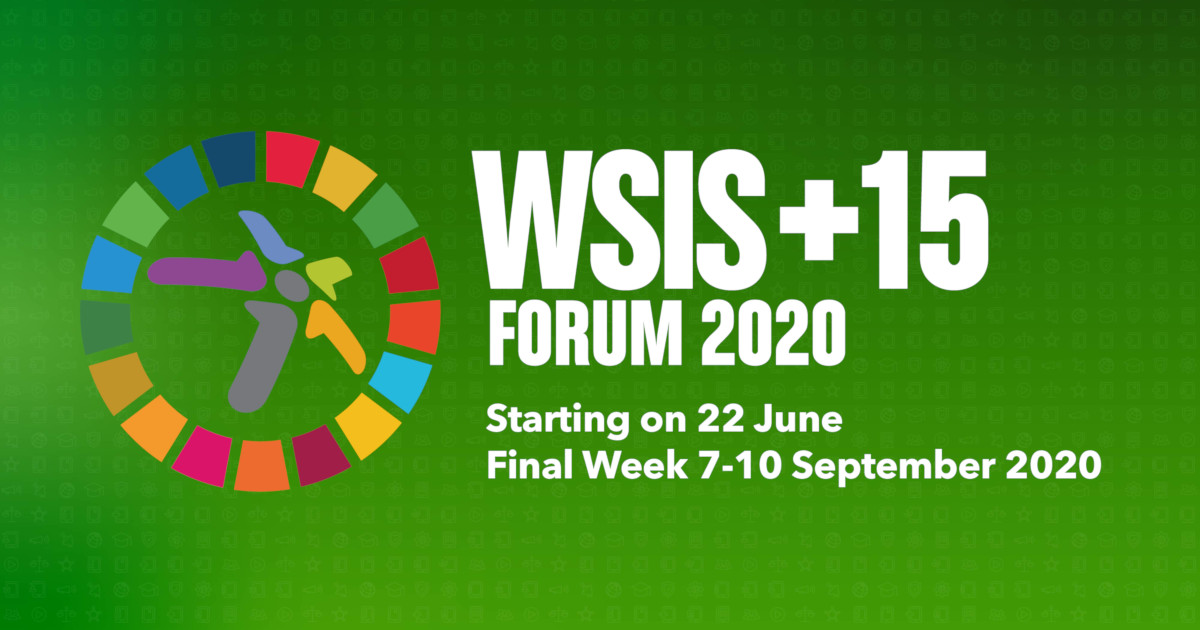ICTs and Accessibility: UN collaborative efforts towards SDGs, CRPD and UNDIS implementation in Digital Accessibility
ITU and Partners
Session 137
The Convention on the Rights of Persons with Disabilities (CRPD) recognizes the significant role that information and communication technologies (ICTs) in an available, accessible and affordable manner play in enabling and empowering persons with disabilities and in guaranteeing their socio-economic development and full, equal and effective participation in society.
Moreover, the United Nations Disability Inclusion Strategy (UNDIS) provides the foundation for sustainable and transformative progress on disability inclusion through all pillars of the work of the United Nations establishing the highest levels of commitment, accountability and a vision for the UN system on disability inclusion. It provides a unique opportunity to advance the global commitment of governments and partners to the CRPD and the 2030 Agenda by ensuring the inclusion of persons with disabilities in all areas of the UN’s work and at all levels, through systematic, coherent and unified actions across the system.
The ever-increasing power of technology, digitalization and ICTs in today’s digital age, plays a key role in nearly all aspects of life: how people access information and knowledge, work, and interact with others. For persons with disabilities, technology opens pathways to an improved quality of life, greater social and economic inclusion, self-empowerment and independent living. Consequently, digital accessibility is instrumental in ensuring inclusiveness of all people, including persons with disabilities, in the digital society.
In a common effort all UN agencies work in providing their specialized advice and support globally to Member States and related stakeholders to jointly contribute to the implementation of the CRPD and ensure that persons with disabilities are fully included in the digital economy and the digital society of the XXI century.
Why is digital accessibility important? And how does the UN system and international community support the implementation of digital accessibility?: this session will invite to reflect on the ways forward to foster implementation and mainstreaming of digital accessibility as a mean to provide innovative and equitable solutions aiming not only at removing the barriers faced by persons with disabilities in their efforts to access and use ICTs but also on how technology can ensure inclusiveness and empowerment of all people, without discrimination in the digital world. Are young people and older persons also concerned by the digital accessibility? The panelists will share and discuss the work and initiatives carried out in promotion for and support to the implementation of policies, strategies and resources to ensure inclusiveness of ALL people including persons with disabilities in the framework of the SDG, CRPD, UNDIS and other related global commitments.

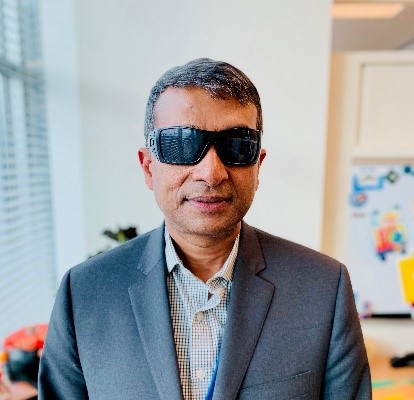
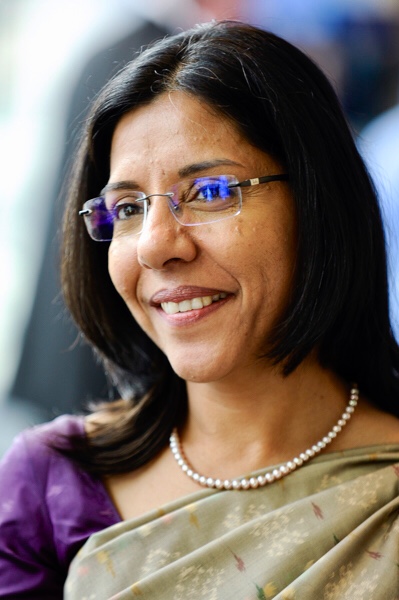


.jpg)
-
 C1. The role of governments and all stakeholders in the promotion of ICTs for development
C1. The role of governments and all stakeholders in the promotion of ICTs for development
-
 C3. Access to information and knowledge
C3. Access to information and knowledge
-
 C6. Enabling environment
C6. Enabling environment
-
 C10. Ethical dimensions of the Information Society
C10. Ethical dimensions of the Information Society
-
 C11. International and regional cooperation
C11. International and regional cooperation
-
 Goal 4: Ensure inclusive and equitable quality education and promote lifelong learning opportunities for all
Goal 4: Ensure inclusive and equitable quality education and promote lifelong learning opportunities for all
-
 Goal 8: Promote inclusive and sustainable economic growth, employment and decent work for all
Goal 8: Promote inclusive and sustainable economic growth, employment and decent work for all
-
 Goal 9: Build resilient infrastructure, promote sustainable industrialization and foster innovation
Goal 9: Build resilient infrastructure, promote sustainable industrialization and foster innovation
-
 Goal 11: Make cities inclusive, safe, resilient and sustainable
Goal 11: Make cities inclusive, safe, resilient and sustainable
